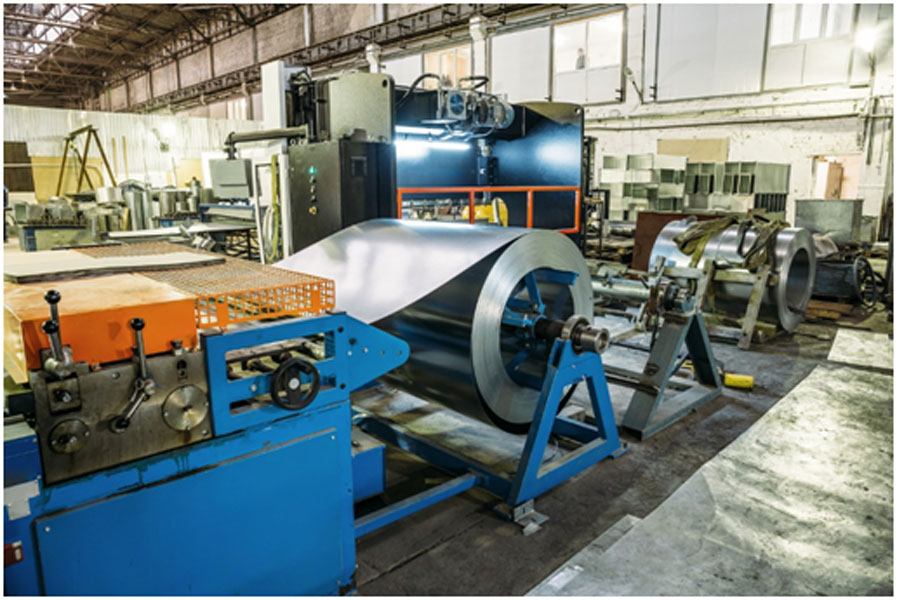The U.S. economy remains strong, and the forecast for the future will directly impact the vitality of the industrial real estate market. The latest political battles in Washington, D.C., changes in technology, and gains by e-commerce in retailers’ market share all play significant roles in the future of industrial real estate. Prologis CEO of Europe and Asia Gary Anderson, who is at the forefront of the industrial real estate market, recently gave his view to Bisnow (Bisnow.com) on four global economic trends that may shape the industry’s future.
The possibility of a trade war.
President Trump signed two proclamations in March levying tariffs on steel and aluminum exports, which exempted Mexico and Canada. The stock market responded by dropping more than 730 points. The development and construction industries have begun to prepare for increased construction costs due to the tariffs.
Mr. Anderson says that industrial properties, particularly logistic properties, will not be impacted dramatically by the new tariffs since most agree that the impact will occur in using raw materials that go into the production side of the supply chain. Most of these goods do not go through a warehouse. Steel is essential to the construction of a warehouse but does not typically go through the warehouse. “The Prologis portfolio is positioned at the consumption end of the supply chain, so the tariffs would have much less effect on us than real estate that serves the production end of the supply chain,” he said.
The new tariffs may impact the shipping industry and ports since they account for 80 percent of all global trade. The tariffs could impact up to 7 percent of Asia-to-U.S. shipping and affect 1 percent of total global shipping.
Interest rates may rise to keep up with inflation.
The 10-year Treasury yield hit 3 percent for the first time in four years, which may lead to higher interest rates over time. “Interest rates are low by historical standards both in an absolute sense and relative to inflation, and we are projecting that long-term interest rates will rise 50 basis points or more over the near to medium term in the U.S. and Europe,” Anderson said.
Growth rate of e-commerce.
The success of e-commerce has resulted in a 17 percent increase in online purchases in 2017, with $453 billion spent by consumers for online sales. Land for industrial property in urban areas is scarce, forcing developers to convert former office or retail buildings into warehouses. “Site selection for infill urban core is difficult,” Anderson said. “We look for proximity to transport networks and a dense, affluent population base. Beyond that, there is no one-size-fits-all strategy.”
Automation has transformed the design of warehouses.
Automation has led to the efficient delivery of goods from the warehouse to consumers, using automated trucks and robots to sort and organize pallets in warehouses. The design of buildings has to change with the new way of doing business. The buildings’ height must accommodate the higher volume of goods and conveyor systems placed in the warehouse. Smart industrial buildings must meet the demand for more electricity and reliable internet connectivity to run the production lines efficiently. The use of automatic trucks to process delivery of goods, rather than relying on human drivers to transport goods long distance, may eventually allow some aspects of the network to locate further away from the population centers, Mr. Anderson said.
K-Con Inc. is a full-service design-build general contractor specializing in commercial, light-industrial, and government construction. K-Con Inc. serves commercial and government entities in Charleston and the United States. If you’re ready to start a project or have questions, we would love to help. Please contact us to learn more.

